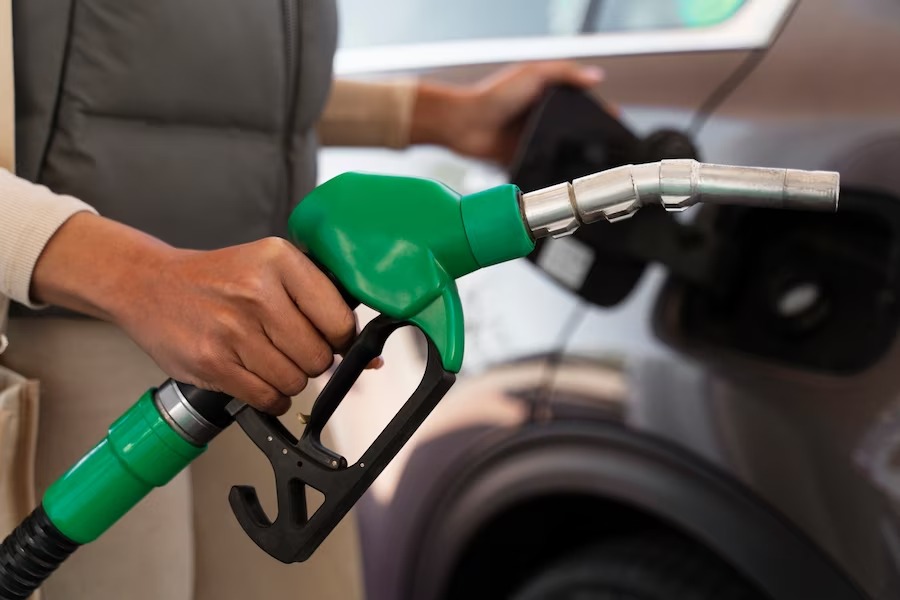About 1,800 petrol stations in Nigeria’s northeast were shut down to protest an anti-smuggling operation by the Nigeria Customs Service (NCS) targeting some operators.
This is according to the Taraba and Adamawa states Chairman of the Independent Petroleum Marketers’ Association of Nigeria (IPMAN) on Monday. This forced motorists to purchase fuel from the black market.
Dahiru Buba, chairman of the Independent Petroleum Marketers Association of Nigeria (IPMAN) for Adamawa and Taraba states, said that petrol stations ceased operations after the Nigeria Customs Service (NCS) impounded tanker trucks and closed several petrol stations on suspicion of smuggling petrol to neighbouring Cameroon.
Under “Operation Whirlwind,” Nigeria Customs initially impounded some tanker trucks belonging to IPMAN members but released them after the association protested. However, more trucks were subsequently seized, and several fuel stations were shut down, prompting fuel station operators to close their outlets en-masse in protest, according to Buba.
He stated, “We wrote to them (Nigeria Customs) again but there were no responses that is why we decided to go on strike. Over 1,800 outlets have ceased to operate for now. This is our business, and we cannot be quiet when our members are treated this way.”
Mangsi Lazarus, the Customs spokesperson for Adamawa and Taraba, stated that tanker trucks were seized because they were being used to smuggle petrol.
In Yola, the capital of Adamawa, black market traders quickly exploited the shortages, selling petrol for 1,400 naira ($0.9459) per liter, compared to the regular pump price of 650 to 750 naira.
Backstory
For years, black market fuel vendors in Cameroon, Benin, and Togo have relied on cheap gasoline smuggled from Nigeria. On assumption into office in May last year, President Tinubu scrapped the costly petrol subsidy, and the black-market trade collapsed.
However, the trade has revived as the product became cheaper again following Nigeria’s decision to cap the price in June 2023, despite a sharp weakening of its currency.
Reduced consumption of petrol following subsidy removal
According to data from the Nigerian Midstream and Downstream Petroleum Regulatory Authority (NMDPRA), the daily average fuel consumption in Nigeria has decreased by 18.5 million litres, from 66.9 million litres before the fuel subsidy removal to 48.4 million litres.
Additionally, S&P Global Commodities Insights reported that fuel imports into Nigeria fell to 106,000 barrels per day (bpd) in July 2023, down from 205,200 barrels per day in May 2023.
According to the S&P report, the reduced fuel demand in Nigeria is negatively affecting Europeans.
The removal of fuel subsidy discouraged the smuggling of Nigerian petrol across the borders as the prices became equal with those of other neighbouring countries.
